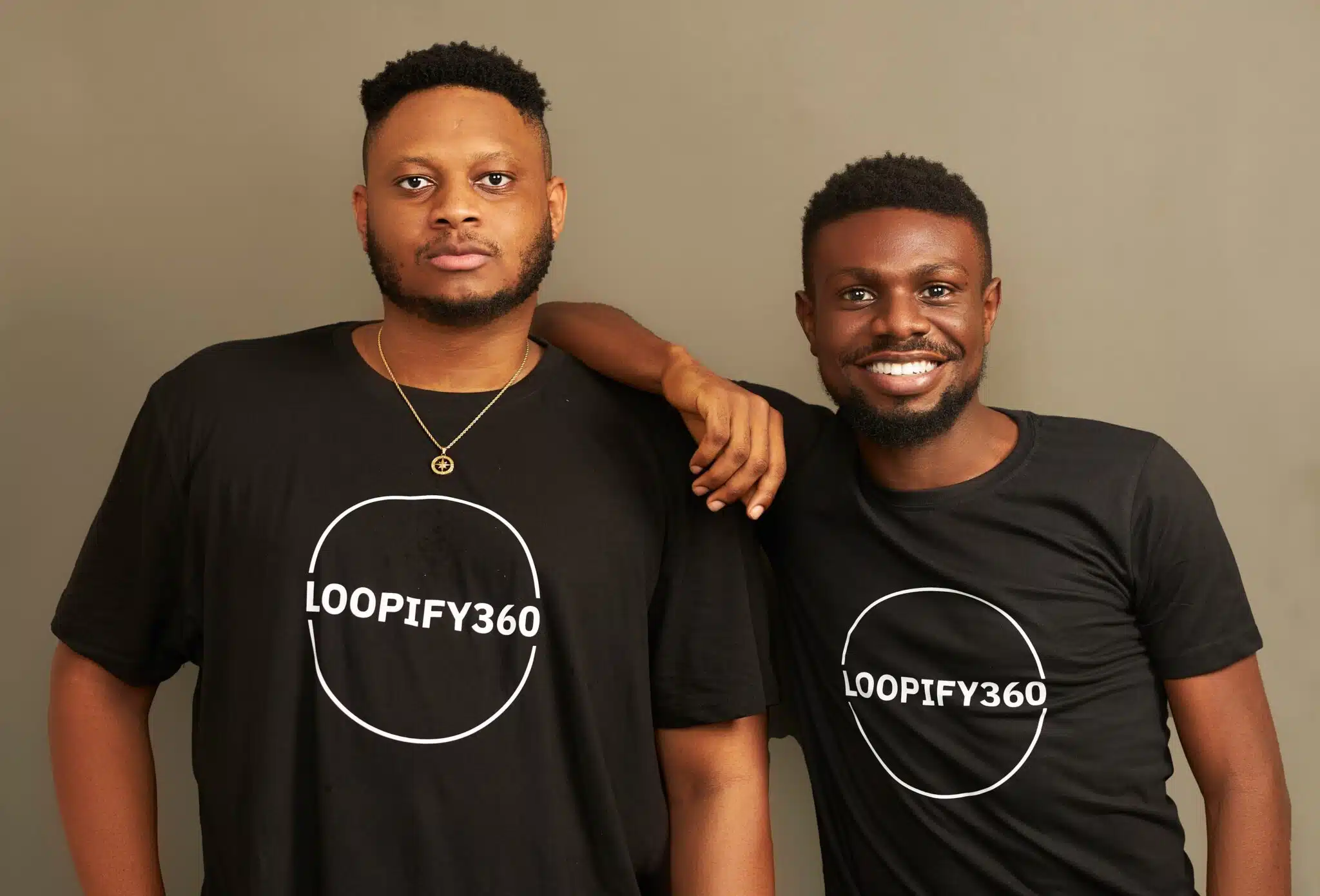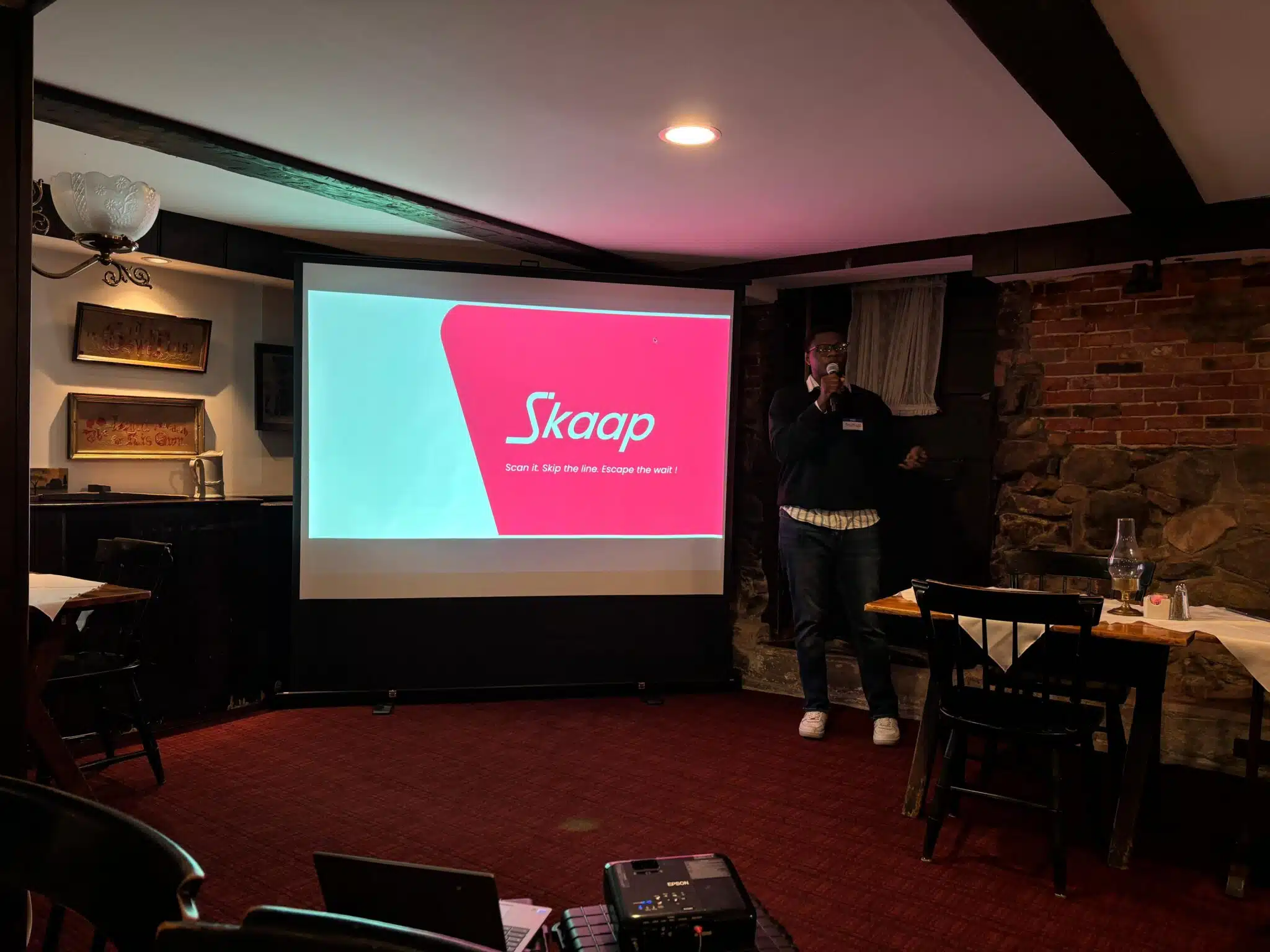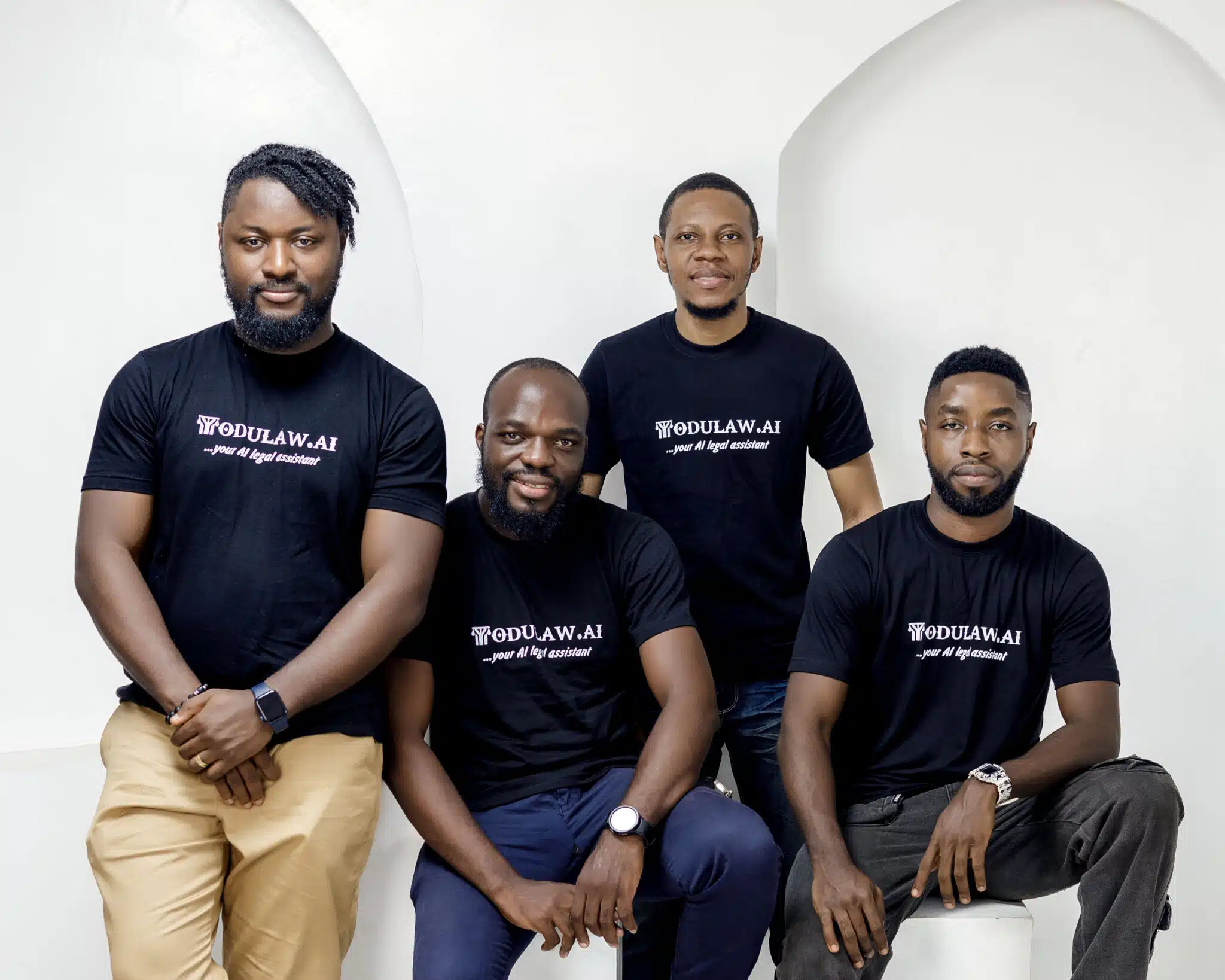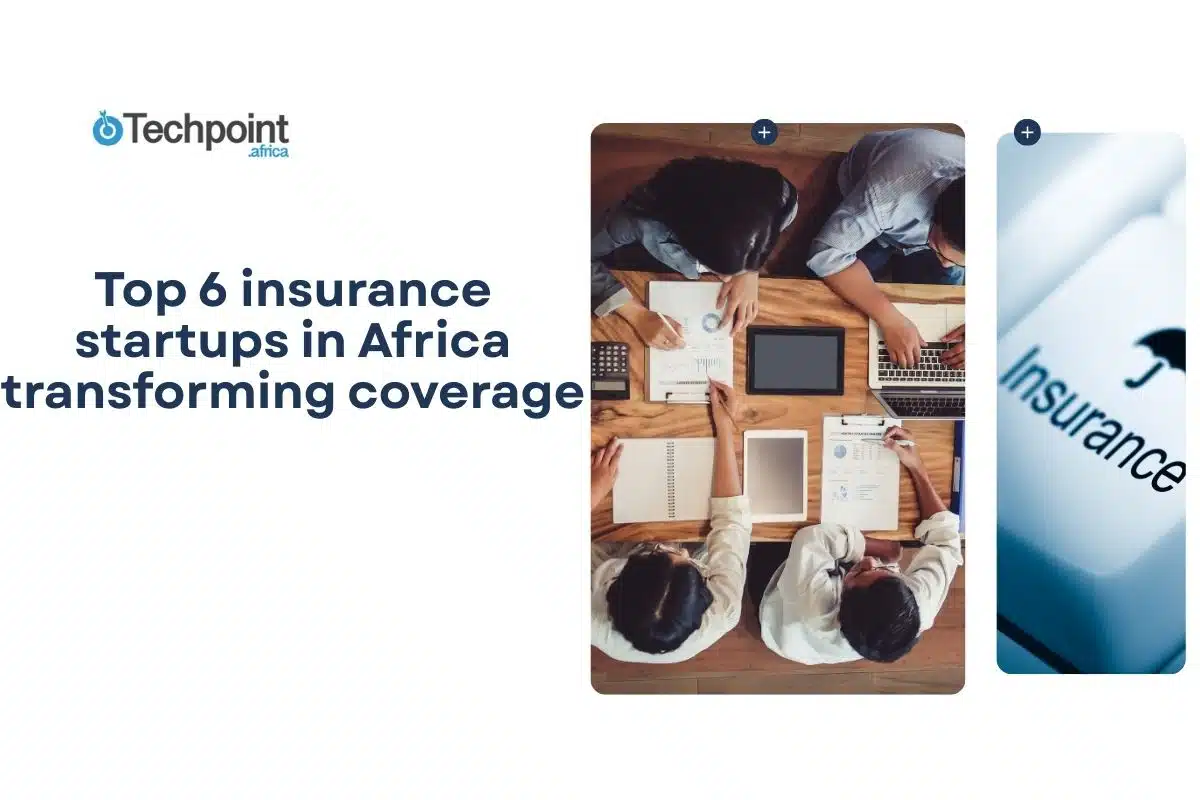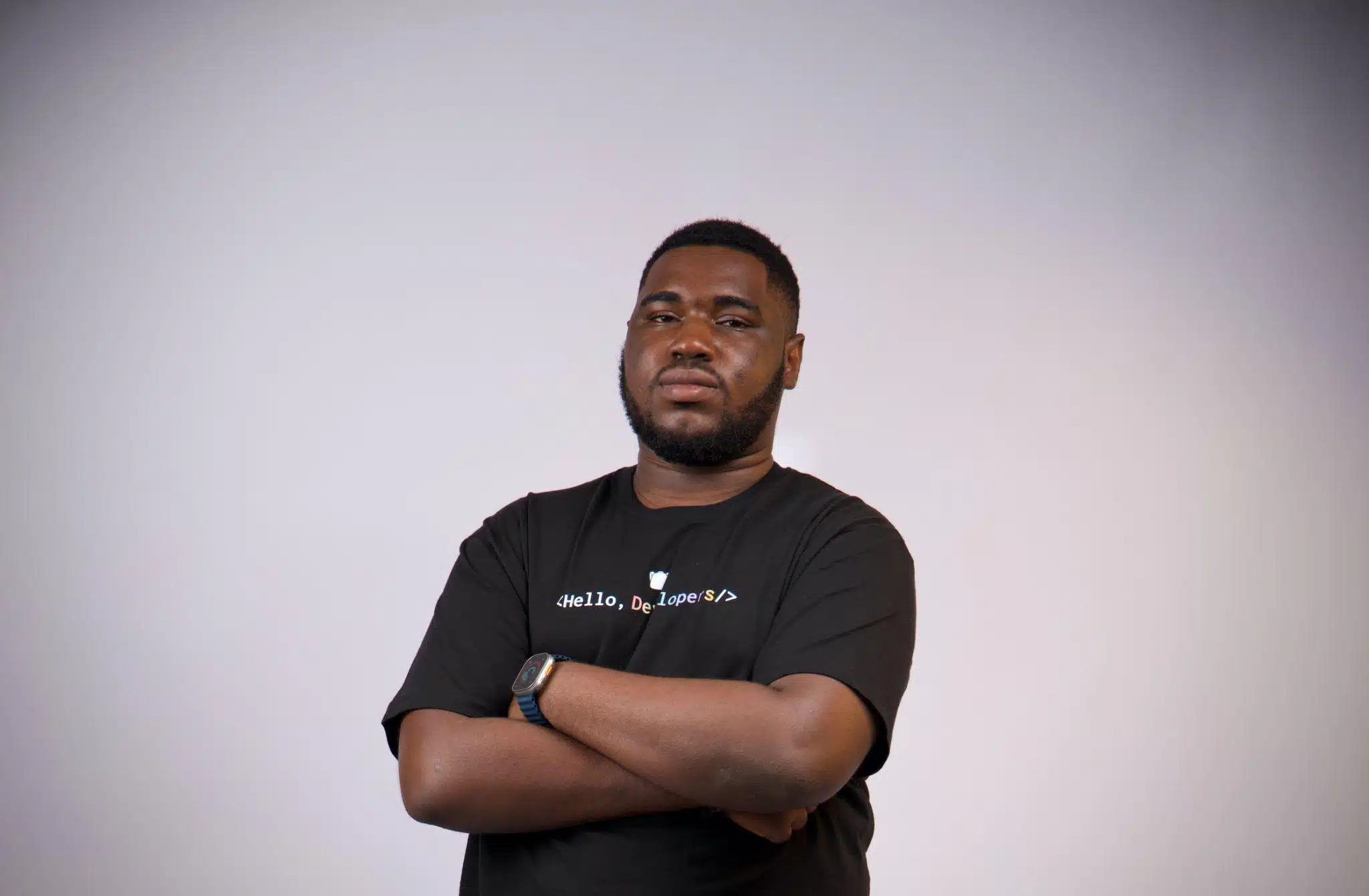Despite accounting for up to 80% of businesses globally, small and medium-sized enterprises (SMEs) continue to face significant hurdles in marketing, one of the most critical areas of their growth.
Data shows that as many as 60% of small businesses struggle to attract new customers, while 73% aren’t confident that their marketing plans align with their business goals. The numbers speak to a deeper issue: many SMEs simply lack the resources or expertise to market effectively.
For some, the problem is financial. Marketing budgets are either nonexistent or too small to make an impact. For others, it’s a talent gap. Without in-house marketing expertise, many turn to agencies or freelancers, all of which are often too expensive or inconsistent.
It’s a challenge Busayo Durojaye became familiar with during his time as a relationship manager at Nigerian fintech, Nomba. In conversations with small business owners across the country, he discovered that while well-funded startups could hire marketing professionals and allocate dedicated budgets, most smaller businesses couldn’t afford the same luxury.
Consequently, he teamed up with John Alimi (CEO) to launch Loopify. Loopify positions itself as a flexible marketing partner for small businesses, helping them navigate digital marketing.
“We discovered that one reason why these small brands were not trying channels like podcasts or billboards was because it seemed like something only the big brands could do. Having seen it, we decided to take on the task of solving this problem for the business with a ₦100,000 or ₦250,000 budget. From the jump, we were able to get customers to pay a monthly subscription, and that’s when we knew we were addressing a problem that was key for SMEs,” he noted.
How Loopify works
Loopify’s solution is a suite of tools designed to make digital marketing accessible and effective for SMEs that may not have huge marketing budgets.
Nova, a discovery platform, helps SMEs find and connect with vetted UGC creators, designers, and video producers, simplifying the challenge of sourcing relevant content creators who understand an SME’s business landscape.
A second tool — Boost — is an advertising solution that enables SMEs to launch campaigns on major social media platforms like TikTok, Instagram, Facebook, and Twitter without needing deep technical know-how. Businesses that choose to advertise using Boost are matched with campaign managers vetted by Loopify who handle the end-to-end process of their marketing. Unlike Nova, Boost does not operate as a marketplace.

Victoria Fakiya – Senior Writer
Techpoint Digest
Make your startup impossible to overlook
Discover the proven system to pitch your startup to the media, and finally get noticed.
Cre8 is a platform that allows businesses to commission social media designs directly from creators, providing them with professional visuals.
Finally, Loopify Copilot is an AI-powered copywriting assistant that helps businesses craft ad copy, a crucial tool for SMEs that may not have the skills to write or the budget to pay copywriters.
In its current form, businesses can access Loopify’s solutions independently rather than as a bundle. Access to UGC creators requires a one-time payment that ranges between ₦5,000 for a 15-second video and ₦40,000 for a 60-second video. This also covers the cost of editing and revisions.
For Boost, businesses can choose between three packages depending on which social media platforms they would like to run ads on. For example, a business in need of Instagram ads will have to pay a service fee of ₦10,000 per month on its standard plan, but that could rise to ₦100,000 on its premium plan.
The same also applies to Cre8, where businesses can get up to eight social media designs for as little as ₦30,000 a month.
“We have built tools to ensure that businesses that want to advertise on Google, X, and TikTok have tools that help them maximise their marketing spend and have them in mind. A lot of the thinking that is required to run successful ads has been built on the platform.”
Growth and traction
Today, Loopify serves around 5,000 businesses, with about 22% having completed at least one transaction on the platform. According to Durojaye, the startup currently generates a monthly recurring revenue (MRR) of approximately $17,500.
Behind the scenes, Loopify relies on a network of over 600 freelancers, including content creators, designers, and video producers, enabling the startup to scale content production.
Loopify’s customer base spans multiple countries, including Nigeria, Kenya, Uganda, Sierra Leone, the US, and the UK. Notably, it secured a partnership with a local council in the UK focused on improving minority entrepreneurship. Through this collaboration, the council covered advertising costs, enabling Loopify to develop advertising solutions that helped businesses within the council reach new customers.
So far, the startup has raised over $100,000 from investors, including Nomba, DMZ Ventures, and several angel investors.
Challenges and lessons
One of the biggest challenges the startup has faced has been talent acquisition, a familiar challenge for many businesses in the country. Another major hurdle has been building trust with customers as a remote-first business. Many SMEs in the country prefer in-person interactions, and Durojaye notes that some of the challenges it has faced on this front may have been avoided if it had a physical location.
Funding has also been a challenge for the startup. When it launched, it planned to raise capital to drive growth in user numbers, but having launched just as venture capital funding slowed, it failed to raise enough money for that push.
“When we started out, we were trying to make our prices really affordable because we were counting on volume. We were not really concerned about breaking even from the onset, but with our struggles with raising, we started to rethink our model.”
Despite launching to serve small businesses, it has since expanded its focus and now counts technology businesses like Wakanow and CDcare as customers.
The road ahead
Looking forward, Loopify’s vision is expansive. While the current focus remains on helping SMEs create and execute effective social media campaigns, the startup is preparing for full marketing automation.
Durojaye shares that it is working on an AI tool that will not only tell businesses what to do but also implement those actions on their behalf. This would make marketing even more accessible, removing the need for SMEs to become experts themselves.
Plans are also underway to expand their toolkit beyond social media advertising. One area it is exploring is an email marketing solution, which would complement their existing platforms by enabling SMEs to build and nurture direct relationships with customers.
A recent partnership with Nomba will enable it to provide marketing, banking, and payment solutions to SMEs while it continues to work on an AI assistant that will help SMEs close sales and engage customers on platforms such as WhatsApp, Instagram, and email.
Geographically, Loopify intends to double down on advanced markets like the US and UK, where there is more spending power and demand for streamlined marketing solutions. Meanwhile, Loopify continues to maintain a strong presence in African markets.
Ultimately, Loopify envisions becoming the go-to marketing partner for SMEs worldwide, offering a blend of technology, human expertise, and community-powered content creation.

